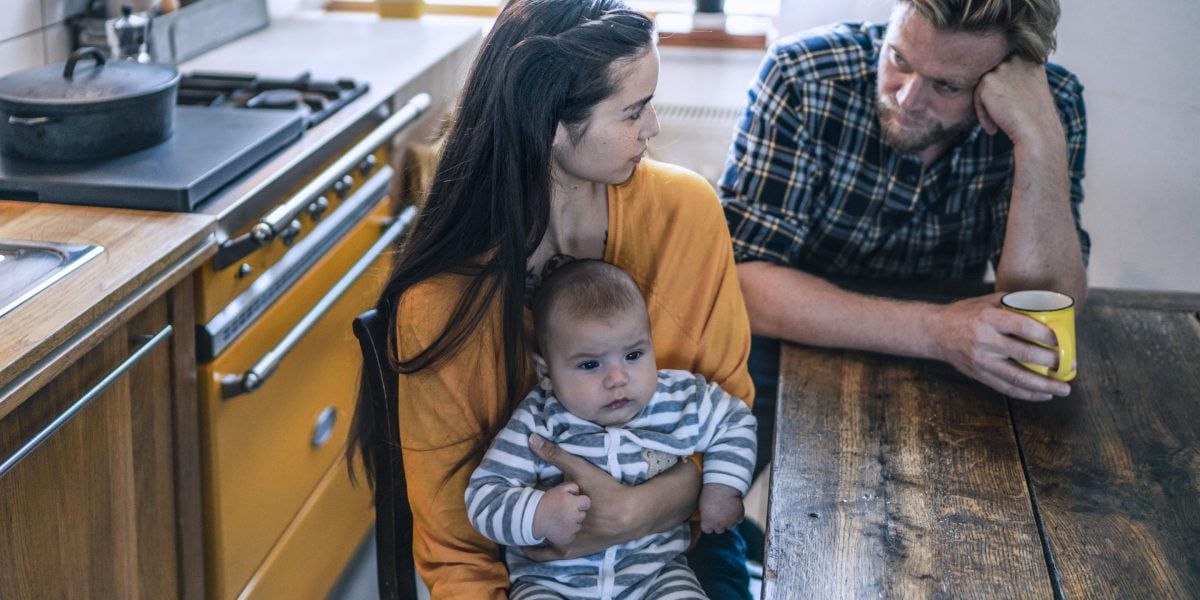Few milestones in life mean as much to the American Dream as owning a home. And millennials have encountered the kind of trouble totally befitting their generation, which largely graduated into the teeth of the disastrous post-2008 job market. Just as they entered peak homebuying and household formation age, housing affordability is at 40-year lows, and mortgage rates are near 40-year highs.
The anxiety this generation feels about the prospect of never owning their own home affects their entire perception of their finances and the economy, says Moody’s chief economist Mark Zandi.
“If they feel like they’re locked out of owning a home it colors their perceptions about everything else going on in their financial lives,” Zandi says.
Millennials have long been dogged by a brutal housing market. They faced not one, but two, cataclysmic economic events—the Great Financial Crisis in 2008 and the pandemic in 2020. Both of which left them reeling financially and struggling to afford a home. The Great Recession decimated the real estate market as the economy nearly collapsed under the weight of tenuous mortgage backed securities. While the pandemic brought with it a remote work boom that caused millions of citydwellers to flee to the suburbs, sending housing prices soaring.



If you look at the current state of society and think “things are working well for the majority of people” I’m not sure we’ll be able to engage in any meaningful discussion.
It literally is working for the majority of people mate, however you feel about it, poverty is the very small minority.
I would love to make poverty even less of an issue in the west, dont get me wrong, but the average person is fed, has a roof over their head, has a job, and is getting by.
Homelessness, poverty, illness, etc is a minority and that literally means the average person is not in that group.
Literally by definition, the average person is not the minority. That’s what the average means…
Poverty doesn’t refer exclusively to homeless people.
I had to come back to this comment just to point out that this isn’t the definition of “average” and the “average” person could very well be in the minority depending on what we’re measuring (and which measure of central tendency we’re referring to when we say “average”).
As an example: The mean number of limbs for humans is lower than 4. However, the overwhelming majority of humans have four limbs.